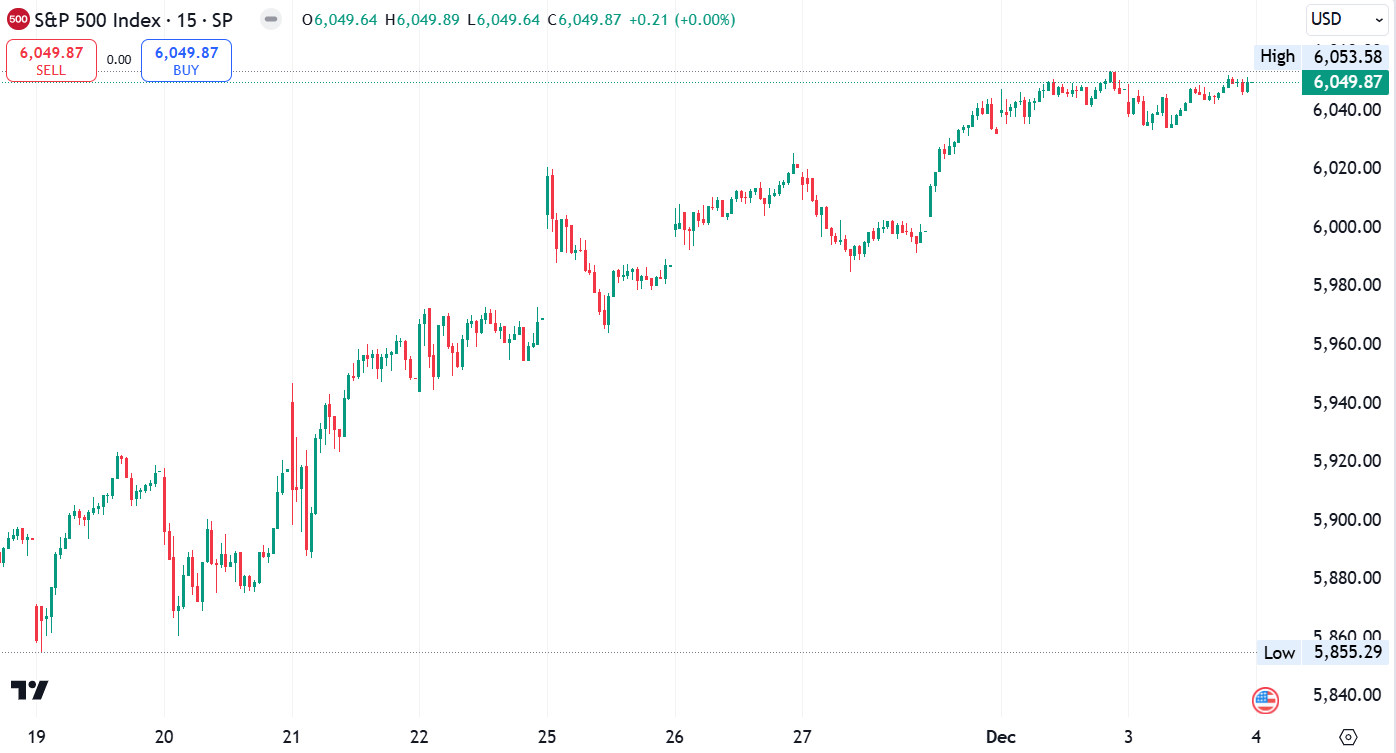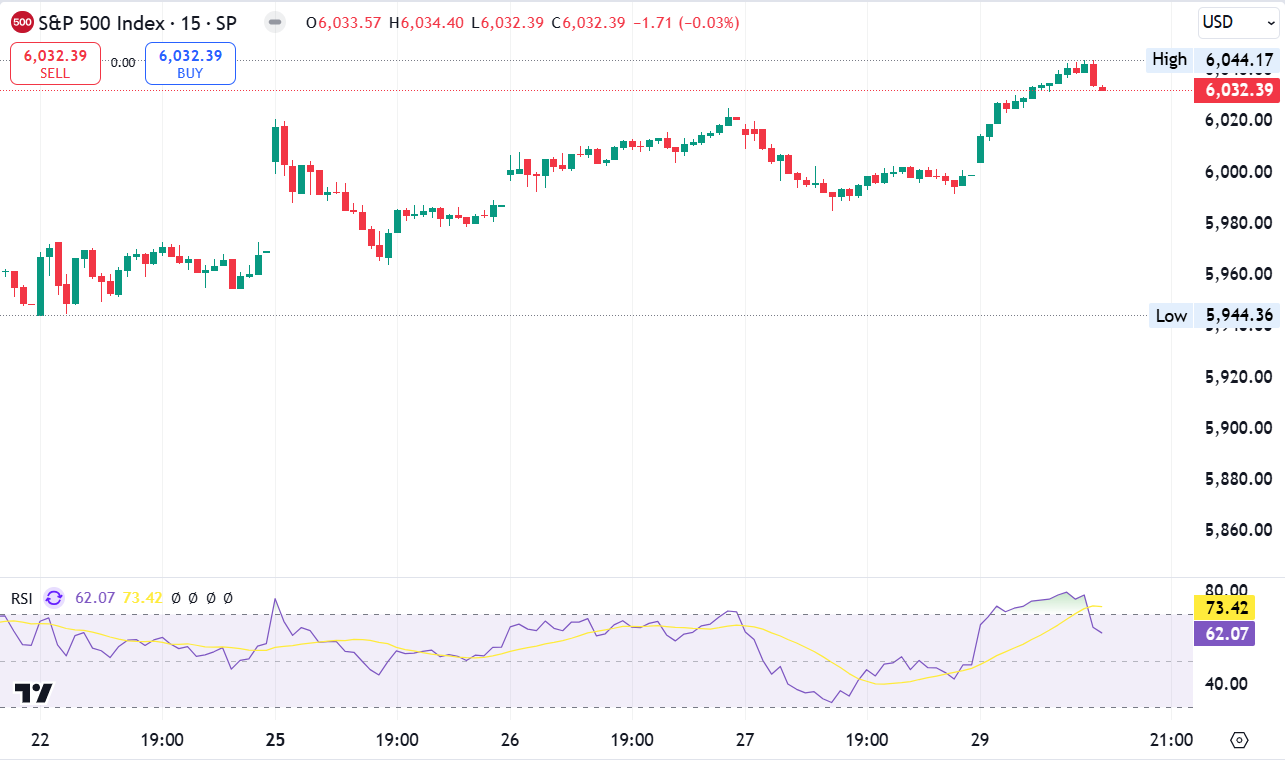Cryptocurrency Predictions 2024: What Experts Foresee

Cryptocurrency Predictions 2024: What Experts Foresee
As we move into 2024, the cryptocurrency world continues to evolve at a breathtaking pace. This year promises exciting developments and potential shifts in the market. In this article, we’ll explore various facets of the crypto universe, from blockchain technology trends to crypto investment forecasts and more. So, let’s dive into cryptocurrency predictions for 2024!
Cryptocurrency Predictions 2024 and Market Analysis
2024 is set to witness significant evolution in future crypto coins. Experts anticipate a surge in innovative tokens, particularly those offering unique utilities in decentralized finance (DeFi) and digital asset management.
The cryptocurrency market analysis suggests a more mature, though still volatile, market environment. Investors should keep an eye on emerging coins with strong fundamentals and real-world applications.
Blockchain Technology and Crypto Investment Forecast 2024
Blockchain technology continues to be the backbone of non-fungible tokens. In 2024, expect to see further advancements in blockchain scalability and interoperability. These improvements could significantly enhance transaction speeds and facilitate broader adoption of blockchain across various sectors.
Initial Coin Offerings (ICOs) might regain popularity with better regulatory frameworks and investor understanding. The crypto investment forecast for 2024 indicates that investors are becoming more discerning, focusing on projects with solid business models and clear use cases.
Advancements in digital wallets are expected to continue, focusing on enhanced cryptocurrency security and user-friendly interfaces. The integration of AI for better asset management within these wallets could also be a key market trend.
Crypto exchanges are likely to see further growth in 2024, with an emphasis on regulatory compliance and user security. Expect more traditional financial institutions to venture into crypto exchange offerings, bridging the gap between conventional and digital finance.
DeFi is set to continue its explosive growth. In 2024, we anticipate more mainstream adoption of DeFi applications, driven by improved accessibility and increased awareness of its potential benefits over traditional finance.
Security remains a paramount concern in the crypto world. This year, expect advancements in security protocols, including more robust encryption methods and enhanced secure transaction mechanisms, to combat the rising sophistication of cyber threats.
Regulation will be a significant focus in 2024. As governments around the world strive to balance innovation with investor protection, we could see more standardized and clear regulatory frameworks for cryptocurrencies.
Cryptocurrency Predictions 2024 and Spot Bitcoin ETFs
The potential approval of spot Bitcoin ETFs could be a game-changer, potentially increasing Bitcoin’s market cap and mainstream acceptance. However, investors should be wary of market volatility surrounding such events.
Interest Rates and Asset Managers
Interest rate movements will continue to influence the crypto market. Lower interest rates could make crypto assets more attractive to investors seeking higher returns. Asset managers might increasingly include cryptocurrencies in their portfolios, signaling a shift towards more widespread institutional acceptance.
Highs, Lows, and Predictions for 2024
2024 could see both new highs and significant corrections. While the market’s nature remains speculative, the potential for growth and innovation is undeniable. Predictions for 2024 suggest a year of both opportunities and challenges, with a need for careful market analysis and risk assessment.
The Binance Dilemma and Coinbase’s Bullish Run
Binance, once a dominant force in the crypto exchange growth, experienced a significant downturn in 2023. The collapse of FTX initially boosted Binance’s trading volume, but its market share dropped by 20% by November 2023, as CCData reports.
The legal troubles involving its former CEO, Changpeng Zhao, exacerbated this decline. Despite these challenges, Binance still maintains its position as the world’s largest exchange by volume, a testament to its enduring market presence since 2017.
In contrast, Coinbase has witnessed a bullish trend. Its initiatives, including the implementation of layer-2 solutions and international expansion, have paid off. Remarkably, Coinbase has largely avoided the legal entanglements that have ensnared its competitors, contributing to a 376% rise in COIN stock over the year.
JPMorgan’s Blockchain Endeavors and BONK’s Surprising Surge
JPMorgan has been a key player in the integration of blockchain into real-world assets. Its Onyx blockchain division has conducted tests on tokenizing portfolios, indicating a growing institutional interest in blockchain applications.
However, CEO Jamie Dimon’s skepticism about crypto, expressed during a Senate Financial Services Committee hearing, highlights the complex relationship traditional banks have with digital currencies.
On a different note, the dog coin BONK has made waves in the crypto community, especially after its listing on Coinbase. This Solana-based coin, riding on the broader Solana rally, saw its market cap exceed $1 billion, showcasing the continued interest and speculative nature of the cryptocurrency market.
Bitcoin’s Ongoing Journey and the NFT Revival
Bitcoin, despite market fluctuations, has seen a significant appreciation of 159% in the past year. The upcoming decisions on spot ETFs by the SEC and another halving event in April 2024 are poised to be key catalysts for Bitcoin’s price.
While analysts anticipate a possible sharp downturn post-ETF approval, historical trends suggest a potential longer-term rally.
The NFT sector, after enduring a bear market, is showing signs of revival. The marketplace Blur, following an airdrop, surpassed OpenSea in trading volume, indicating a renewed interest in NFTs. This resurgence points to the diverse and evolving nature of the crypto asset space.
Elon Musk’s Crypto Ventures and Twitter’s Rebrand
Elon Musk’s influence on the crypto market remains notable. Twitter’s rebranding under his leadership fueled speculations about potential crypto integrations, given Musk’s interest in digital currencies.
However, Musk clarified that Twitter’s new incarnation, X, would not venture into token creation, keeping the crypto community in suspense about the platform’s future role in the digital asset space.
Bitcoin Price and Its Impact on 2024 Cryptocurrency Predictions
Bitcoin, since its inception in 2009, has been a trailblazer in the cryptocurrency world, attracting a wide range of stakeholders from enthusiasts to regulators. As we look towards 2024, understanding Bitcoin’s historical journey is crucial for making informed predictions.
This top digital asset might see another huge gain soon. After a 65% drop in 2022, Bitcoin has had an amazing year in 2023, skyrocketing about 160%, way more than the stock market.
Right now, Bitcoin’s price is around $43,700, but it could very well hit $100,000 by the end of 2024. Let’s dive into why Bitcoin might reach a new all-time high.
Bitcoin’s impressive returns in 2023 could get an extra boost from several factors. There’s talk about a possible spot exchange-traded fund (ETF), with big players like BlackRock and Fidelity filing for it.
If approved, possibly as early as January, these ETFs would not only validate Bitcoin in the financial world but could also bring a lot of new money into Bitcoin, potentially driving up its price.
Another thing to watch is the economic environment. Signs of easing inflation might lead the Federal Reserve to cut rates a few times in 2024. Looser monetary policies usually help riskier assets like Bitcoin.
While it’s hard to say how much of this positive outlook is already reflected in Bitcoin’s current price, these developments are definitely worth keeping an eye on.
One of the biggest potential boosts for Bitcoin could come from next year’s halving event, which happens about every four years. This event cuts the new supply of Bitcoin in half, and when you have less supply with increasing demand, that’s usually been a big win for Bitcoin’s value. The next halving is expected in late April.
The Significance of Bitcoin Halving
The price history of Bitcoin has been a rollercoaster, with notable bull runs like the one in November 2021 when it peaked at $69,000. However, it’s not just about the highs; the cryptocurrency has also faced significant lows and controversies, such as the multiple forks that divided the community.
The Bitcoin halving, an event reducing the creation of new coins, is a critical factor in Bitcoin’s price trajectory. Historically, the price has risen significantly around these events.
The next halving, expected in early to mid-2024, is being closely watched. While its impact is debated, it aligns with external liquidity cycles, potentially triggering upward price movement.
2024: A Year of Potential Bullish and Bearish Catalysts
Cryptocurrency Predictions 2024 will likely hinge on various factors including institutional adoption, regulatory changes, and macroeconomic trends.
The settlement of legal issues by major players like Binance in 2023 has set a positive tone entering 2024. Additionally, potential shifts in interest rates by the U.S. Federal Reserve could make Bitcoin an attractive investment, especially with the upcoming halving.
Innovations and Institutional Adoption
Recent innovations in Bitcoin’s network and increased institutional interest, such as BlackRock’s move towards a Bitcoin ETF, are promising developments. These factors could funnel substantial capital into Bitcoin, enhancing its legitimacy and market cap. However, the approval of spot Bitcoin ETFs remains a double-edged sword, with potential risks and rewards.
Right now, the U.S. only allows Bitcoin ETFs that deal with Bitcoin futures. Futures are a bit complex – they’re based on predicting the future price of something like Bitcoin.
Sciberras, New Bridges president, believes that if the U.S. approves a Bitcoin ETF that deals directly with Bitcoin itself (a spot Bitcoin ETF), it could really boost Bitcoin’s price in 2024.
This kind of ETF would mean people have to actually buy Bitcoin, which could push up its price. Plus, it would make Bitcoin seem more legitimate overall. He says this approval might bring anywhere from $30 billion to $300 billion into Bitcoin.
Sciberras also mentions that the Financial Accounting Standards Board is changing its rules in December 2024.
These changes will make it easier for companies to report and hold cryptocurrencies like Bitcoin. This is a big deal because it removes a major hurdle for companies interested in adding Bitcoin to their financial sheets.
Cryptocurrency Predictions 2024 – Conclusions
Political and environmental sentiment are key factors influencing Bitcoin’s future. The criticism over its energy consumption and regulatory challenges, like proposed taxes on bitcoin miners and stringent AML laws, could impact its market performance.
Looking into 2024 and beyond, the long-term viability of Bitcoin hinges on its security, scalability, and broader market adoption. While there are optimistic views, especially with developments like the Lightning Network enhancing its utility, challenges such as potential regulatory crackdowns and security issues due to a decreasing block reward cannot be ignored.
The post Cryptocurrency Predictions 2024: What Experts Foresee appeared first on FinanceBrokerage.



